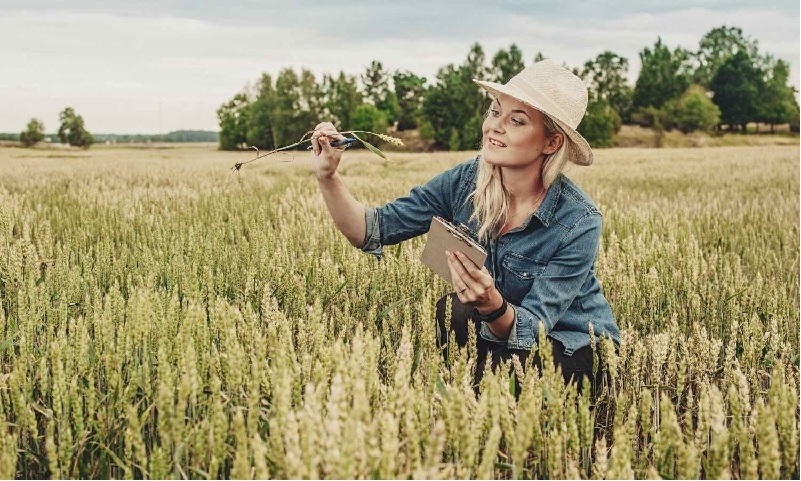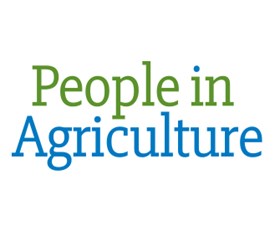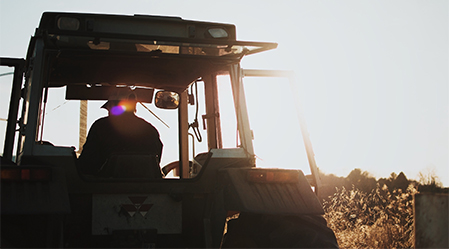Still no country for Women on the Farm
15/2/2018
There is a huge disparity when it comes to gender in the field of farming based on results of a study done by Leonnie Blumson from the University of South Australia. The research shows that a mere 10% of farm successors are daughters of farm owners. Sons get the farm worth sometimes millions of dollars and girls get any leftover assets when the parents die.
Katherine Bain grew up on a farm in Victoria’s west herding sheep. She remembers her dad driving with her and her grandfather at around the age of three checking on the sheep on the farm.She notes how she loves open spaces and while her friends wanted to become doctors and lawyers she knew she didn’t want to become any of those things. She currently studies agribusiness at the Marcus Oldham College of Geelong and plans to go back home to run the family farm.
If things go as planned Katherine will be one of the lucky few women that get to work in Farming. There is a huge disparity when it comes to gender in the field of farming based on results of a study done by Leonnie Blumson from the University of South Australia. The research shows that a mere 10% of farm successors are daughters of farm owners. Sons get the farm worth sometimes millions of dollars and girls get any leftover assets when the parents die.
As a part of the research, Blumson found that women weren’t interested in talking about their family’s inheritance even with an anonymous online survey. She notes that women are bound by family loyalty to not speak out about the imbalances between them and their male siblings. And the study also showed that many women don’t think they are unfairly treated by their families either.
Industry experts and farmers alike agree that the field is changing and that more and more women are returning to farms. The change, however, is a slow one. We do see more women studying agriculture from wool classing to agribusiness.
With so many changes in farming thanks to the use of technology, the whole sector is requiring less when it comes to someone’s physical capabilities. Now farming is mainly focused on business and creating a different world. Larger farms present more possibility for different parts of the estate to be run by different siblings increasing the options for females in farming even if they aren’t managing the farm.
Margaret Willet, a lawyer who specialises in the area of succession planning, says her area of expertise ensures that the next generation of farmers can be prosperous and productive no matter their gender. She has been practising for more than 20 years and says during this time the most significant shift has been land prices. Farmlands have risen in value drastically as many farmers put all their wealth into their land. She notes that many farmers feel as if they are land custodians and so their property must be passed down to the next generation.
Willet notes that by the time a family contacts her they have usually already identified which child they want to manage the farm and that this is typically the son. When there is a daughter in the family, she finds that they are often assisted to go another career route. She asks the question if daughters are being encouraged to take up farming or if they are even given the option so they can make their own choice. She also asks if young women were to say that they wanted to be farmers, would their families offer them the same type of support they would offer their male counterparts.
This post is based on the article "No country for women: family farms are tough soil for daughters to grow as farmers" which ran in The Age 19 Jan 2017. For the full article follow the link.





